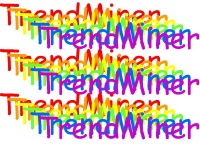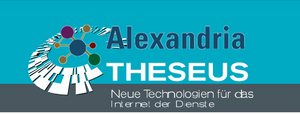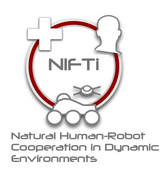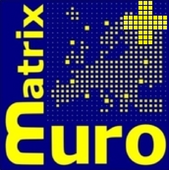
Research Departments
- Agents and Simulated Reality 2
- Augmented Vision 2
- Cognitive Assistants 9
- Cyber-Physical Systems 1
- Design Research eXplorations 1
- Embedded Intelligence 2
- Multilinguality and Language Technology
- Robotics Innovation Center 1
- Smart Data & Knowledge Services 3
- Speech and Language Technology
Research Topics
Search narrowed by:
Displaying results 21 to 30 of 110.
Research Departments
- Agents and Simulated Reality 2
- Augmented Vision 2
- Cognitive Assistants 9
- Cyber-Physical Systems 1
- Design Research eXplorations 1
- Embedded Intelligence 2
- Multilinguality and Language Technology
- Robotics Innovation Center 1
- Smart Data & Knowledge Services 3
- Speech and Language Technology








